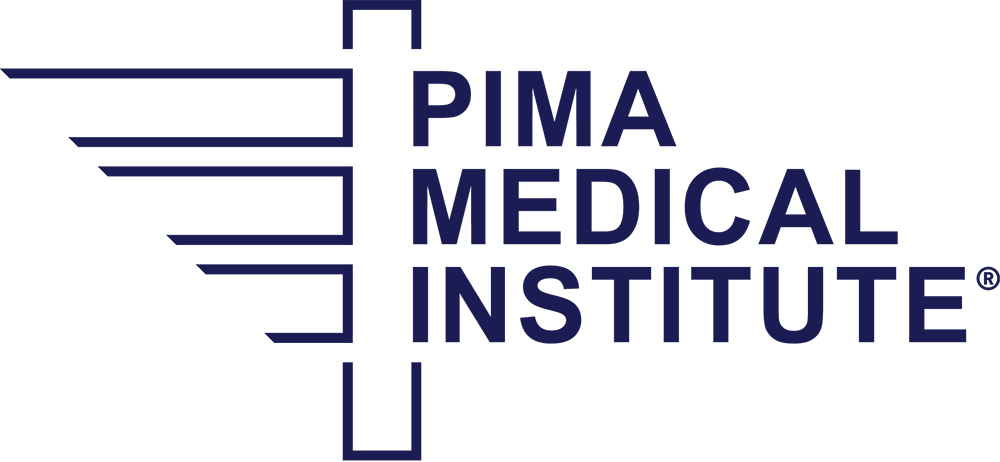The great thing about a nursing career is its variety. Nurses may work in traditional settings, such as the hospital or doctor’s office, but they also work in lesser-known but interesting specialties, where they help solve crimes, fly in and treat the victims of a natural disaster or care for people in foreign countries.
You need a sense of adventure, a hunger for the unusual and a lot of flexibility to succeed in these careers. Does this sound like you? If so, check out these five fascinating nursing careers.

1. Forensic Nurse
Forensic nurses serve two main functions: provide specialized care to those who’ve fallen victim to a crime; and provide information to law enforcement on how a victim was injured or killed through the gathering of evidence. They work alongside law enforcement to provide the most accurate information to legal teams when it comes time to take a case to court. Forensic nurses typically work in hospitals, at community programs, coroner and medical examiner offices, correctional facilities and psychiatric hospitals, and they are often called upon during large natural disaster or community crisis situations.
 2. Flight/Transport Nurse
2. Flight/Transport Nurse
A flight/transport nurse cares for patients while they are en route to a hospital. Often they are required to make fast decisions in stressful situations and may work as part of an evacuation crew, evaluating patients’ conditions and providing care during transportation, which is often by air. They are highly trained in hemodynamic support, mechanical ventilation and other intensive care skills. Flight/transport nurses must be calm and collected, even in life-or-death situations, and possess a passion for the adrenaline-fueled profession.
 3. Travel Nurse
3. Travel Nurse
The travel nurse profession is great for someone who loves healthcare, wants to see other parts
of the world and enjoys a regularly changing environment. Most travel nurse assignments last between four to 13 weeks, although assignments that take the nurse to other countries may last up to two years. Travel nurses may fill a void where a nursing gap exists within the United States or they may provide needed care to those in other countries experiencing poverty, famine, outbreaks of illness, war or simply remoteness, where healthcare is less accessible. They work in a variety of settings, from large, city-based hospitals to small community facilities.
 4. Burn Nurse
4. Burn Nurse
Some forms of nursing require very specialized training, such a burn nursing. Burn injuries may be internal, external or both, and burns can be sustained in a variety of ways, such as by chemical exposure, fire, sun, electrical or heat exposure, scalding, smoke inhalation, or in other ways. Burn nurses are highly trained in wound care, understand the need for long-term or even lifetime care, the psychological effects patients experience after injury, rehabilitation and communication with family members. They work in hospital emergency departments and may be called upon to work at other hospitals that do not have a burn nurses on staff.
 5. Occupational and Environmental Nurse
5. Occupational and Environmental Nurse
The occupational and environmental nurse focuses on the safety, preventative care and overall health of employees, students, residents and other groups. They may work in settings such as a manufacturing plant or community clinic and they may give professional guidance to insurance companies, educational organizations, government agencies or labor organizations. Often they focus on work-place hazards, such as exposure to chemicals, jobs that are considered physically dangerous, or careers that impact a person’s mental health. They are frequent contributors to health hazard assessment reports, create disease prevention strategies, maintain healthcare and safety compliance within the workplace, and often conduct employee and community health care surveillance.
According to the U.S. Bureau of Labor Statistics, the demand for nurses will increase seven percent nationally through 2029, faster than the average for all occupations. Growth will occur for a number of reasons, including an increased emphasis on preventative care; growing rates of chronic conditions, such as diabetes and obesity; and demand for healthcare services from the baby-boom population, as they live longer, more active lives.
Pima Medical Institute offers the nursing associate degree at our Mesa and Tucson, Arizona campuses. We also offer a Bachelor of Science in Nursing program, which is taught 100% online, allowing nurses to continue their education while working.
For more information on other healthcare career opportunities and campus locations visit pmi.edu.

 2. Flight/Transport Nurse
2. Flight/Transport Nurse 3. Travel Nurse
3. Travel Nurse 4. Burn Nurse
4. Burn Nurse 5. Occupational and Environmental Nurse
5. Occupational and Environmental Nurse

